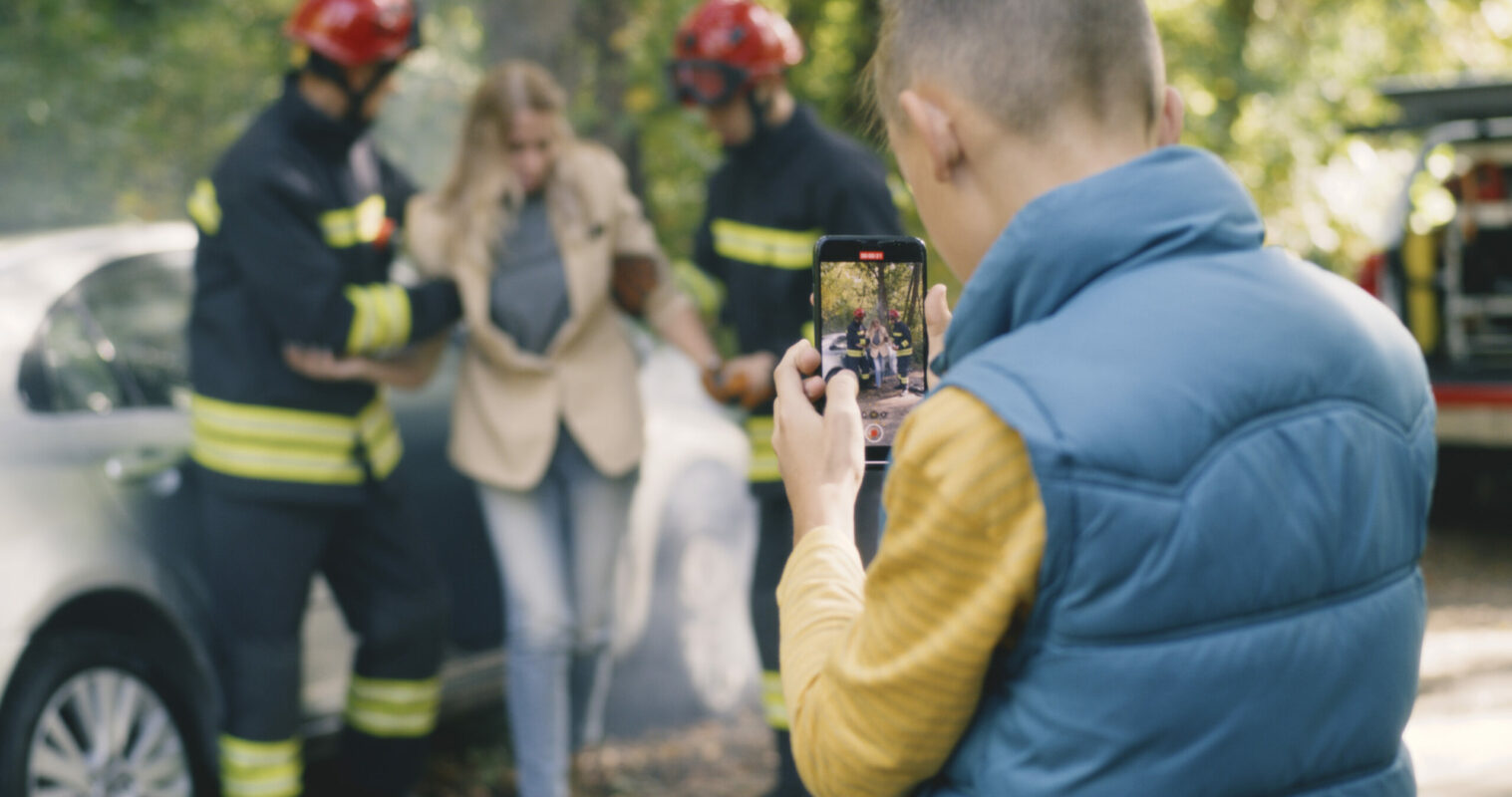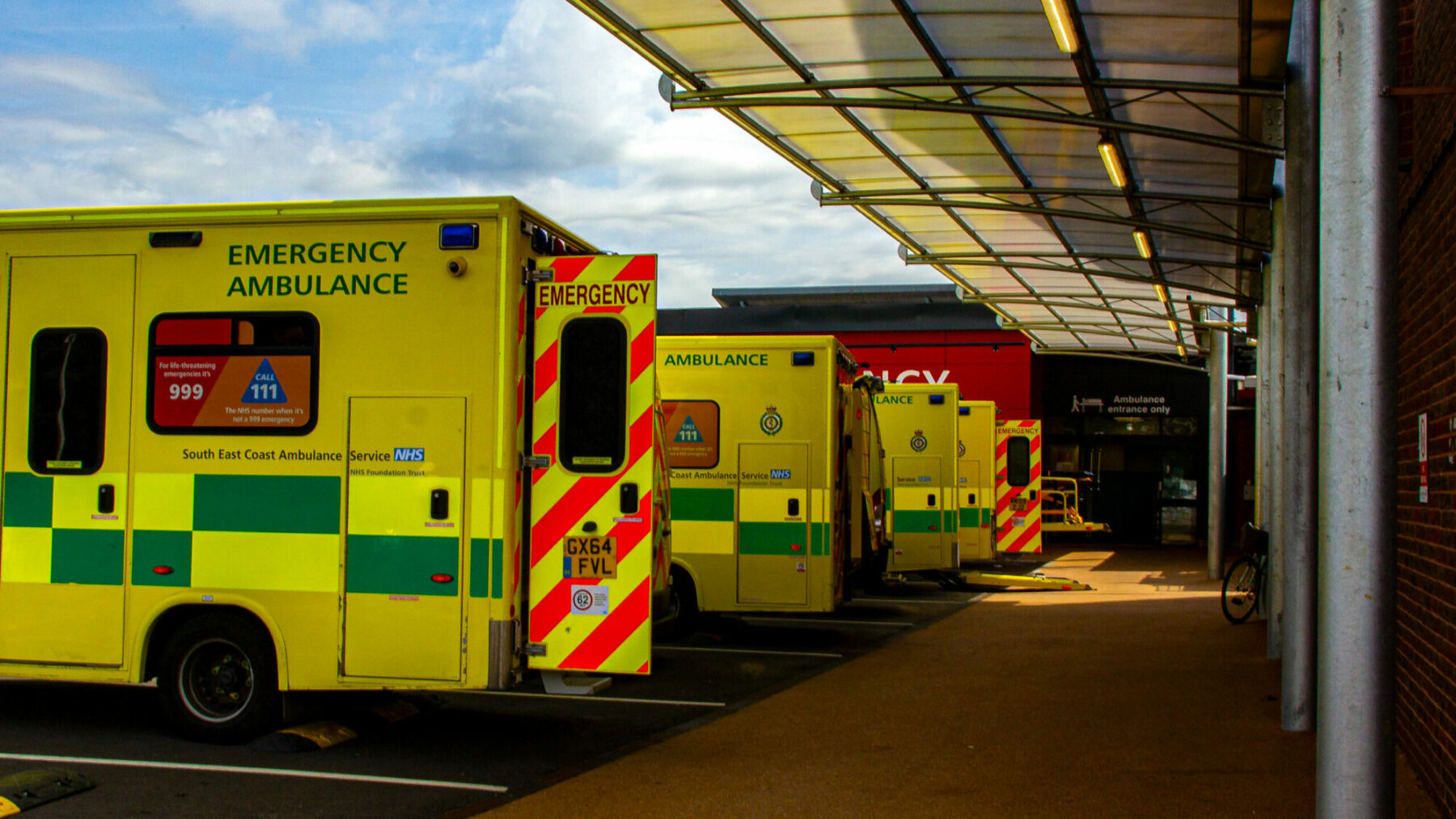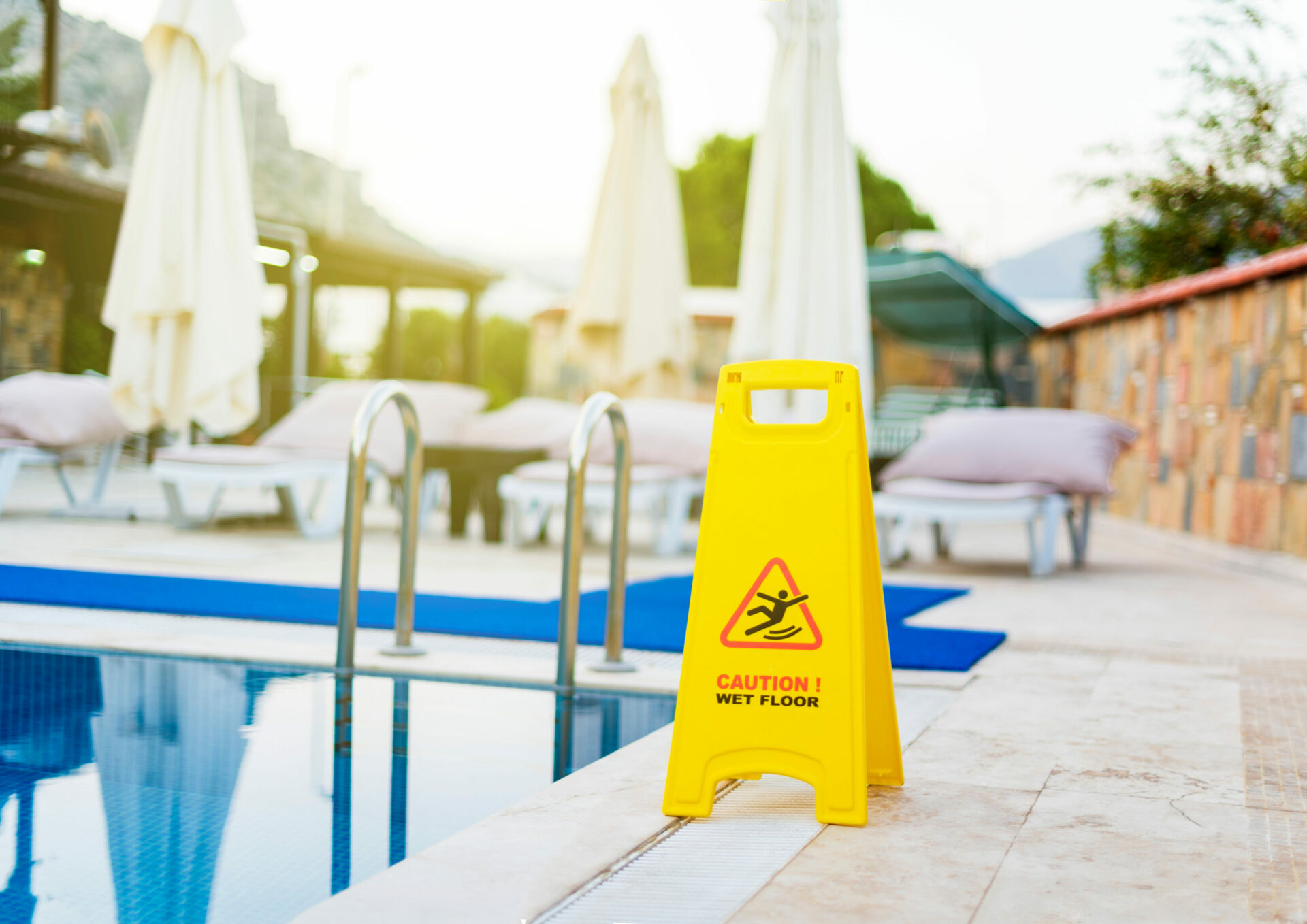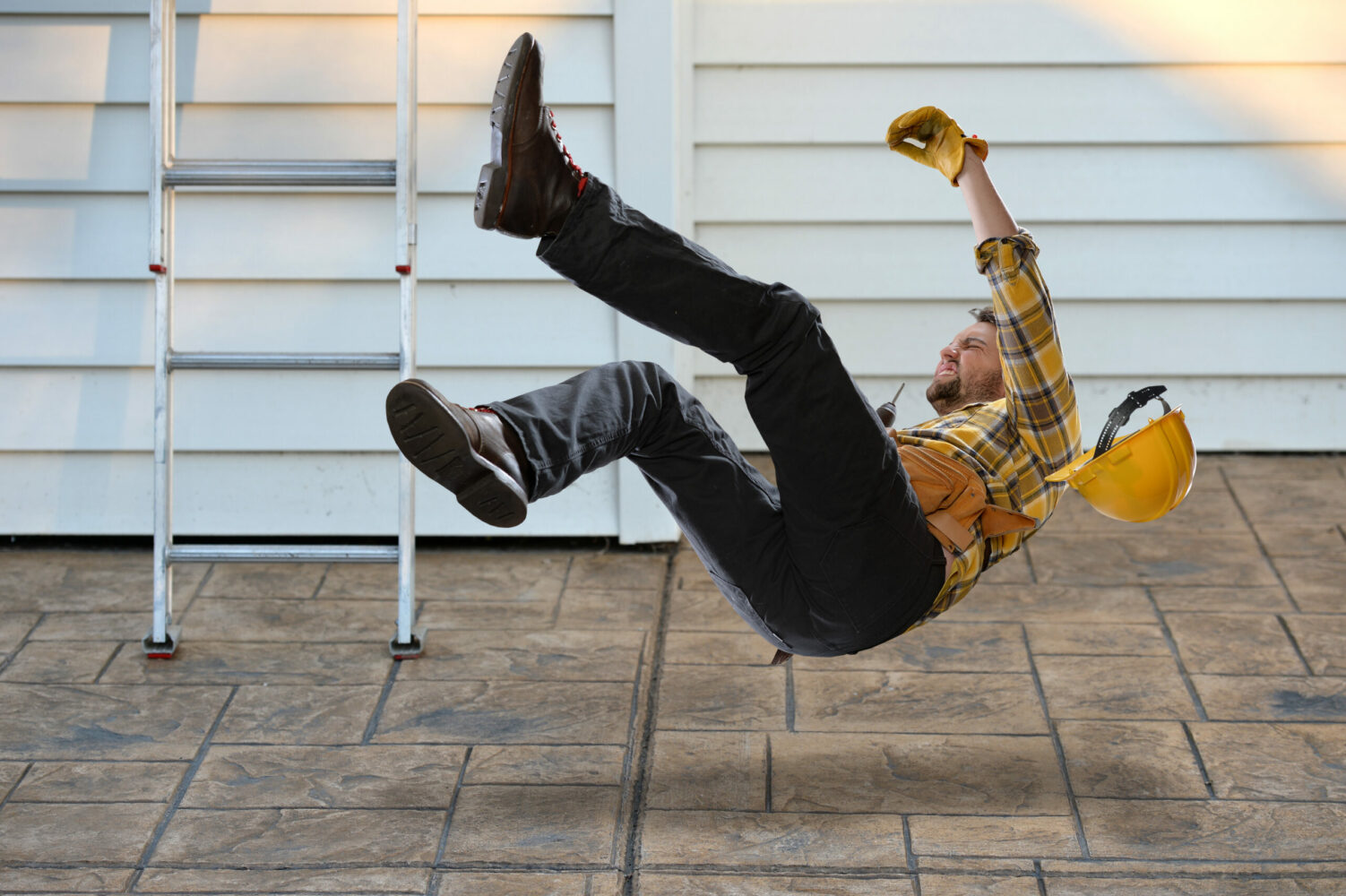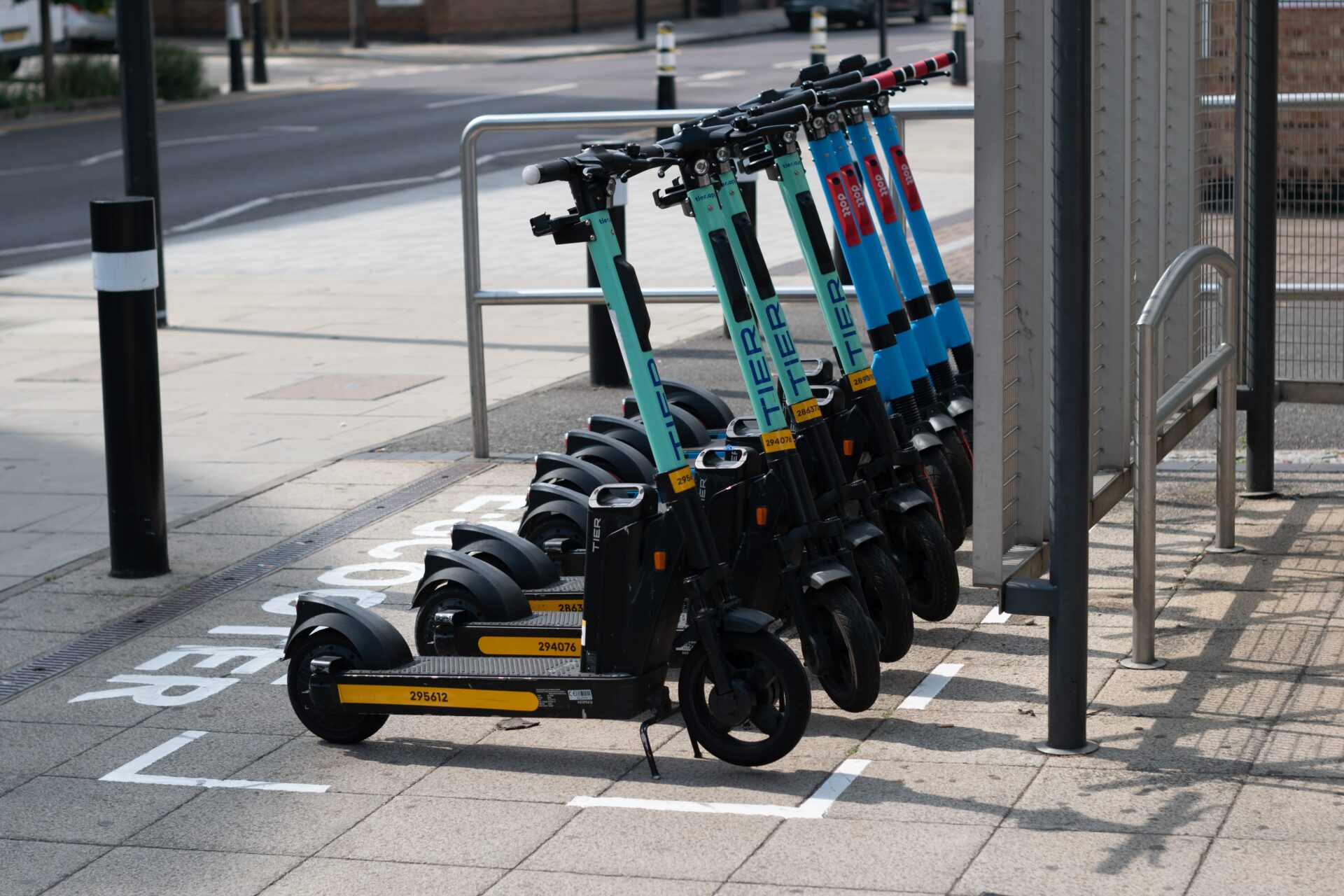
The BBC reported recently that an assistant director, who suffered career-ending personal injuries while working on the set of the James Bond film, Spectre, has launched a High Court compensation claim[1].
The Claimant, Terry Madden, highly regarded in the film industry having worked on films including the original Star Wars movie for 45 years, says his legs were crushed after a Range Rover skidded out of control.
His personal injury lawyers state that on 17th February 2015, Mr Madden was with a camera crew filming action sequences of an aeroplane flying through a valley in the Austrian Alps using a remotely-operated camera rig-mounted on a Range Rover.
At the end of one of the shots, the vehicle skidded out of control and hit Mr Madden, pinning him against a camera rostrum and crushing his legs.
Film sets are viewed as exciting, glamorous places and many people dream of a career making movies. Despite the long, unsociable hours and low entry pay (runners are paid between £7.50 to £13.38 per hour[2]), for talented, creative individuals, working on productions is a career worth the initial sacrifices.
UK film sector – a growing success story
The UK film industry has bucked the trend when it comes to economic growth. While other sectors are softening, the TV and film industry has grown apace for the past three years — “motion picture and publishing activities”, as the Office for National Statistics calls them, have grown 72.4 percent since 2014, against the EU average of 8.5 percent[3]. Much of this growth is due to the fact more films are being shot in Britain, thanks to generous tax breaks which mean producers can claim a cash rebate of up to a quarter of 80 percent of their UK spending. The weaker pound has also increased investment in the UK film industry.
But with more films being made, and audience expectations of quality and stimulation ever-increasing, the chances of accidents occurring on a film set have amplified.
Injuries on a film set – a dark history
The film world is no stranger to personal injuries, with accidents being part and parcel of making movies since the dawn of Hollywood.
In 1919, silent-film comedian Billie Ritchie sustained internal injuries after being kicked in the stomach by an ostrich on set. In 1928, during the filming of the Great Flood in Noah’s Ark, three people died, and many were injured, some severely, during the filming of the flood scene. This tragedy led the introduction of film safety regulations in 1929.
Even great actors have suffered for their art. Buster Keaton suffered a fractured neck during the making of Sherlock Jr in 1924. Orson Wells tripped down a staircase and injured his ankle during the filming of Citizen Kane, forcing him to spend two weeks in a wheelchair. More recently, legendary actor Harrison Ford broke his leg on the set of Star Wars: The Force Awakens in 2014. Mr Ford was reprising his role as Han Solo when he was knocked to the ground and crushed beneath the heavy door of the Millennium Falcon while filming at Pinewood Studios in London. A British firm, owned by Disney, was fined £1.6 million for health and safety breaches as a result of the accident, which could have killed the actor[4].
Then there are the horror events.
Deaths on film sets
The Twilight Zone helicopter crash
The film The Twilight Zone is today remembered more for the horrific accident that caused the deaths of actor Vic Morrow and two children.
During the filming, Mr Morrow was carrying the two children across a river when a stunt went wrong, causing a helicopter to fall on the actors. One of the children was crushed by the machine, and Mr Morrow and the other child actor were decapitated by the helicopter blades. This was in front of 100 crew members and the children’s parents. Years of lawsuits followed the tragedy and once again, safety regulations on film sets were updated.
The Crow
Few movies are as notorious as The Crow. The film was plagued by money problems and accidents from the start. A month prior to Brandon Lee’s, son of Bruce Lee, tragic death, a construction worker on the set suffered severe burns.
The scene during which Mr Lee lost his life called for a .44 Magnum revolver to be fired at the camera. To achieve realism during these types of scenes, the bullets loaded into the gun had real brass caps but no powder. After a close-up shot, the props master dry-fired the gun which led to a slug being knocked off an empty cartridge and into the gun’s barrel. When the gun was loaded with blanks to be fired at Mr Lee in a crucial scene in the film, the slug was released, hitting the actor in the stomach and causing catastrophic blood loss.
Claiming for personal injury on a film or television set
TV and film production sets in the UK are subject to the same health and safety and negligence laws as any other industry. Whether you are an actor, director, assistant or runner, you are entitled to be kept safe from injury while at work.
If you have suffered an injury caused by the negligence of a production company, you may be able to claim compensation. The first step to making a claim is to talk to a personal injury solicitor in London who can provide you with the best advice.
Film and television sets are undoubtedly exciting places to be. But they should also be safe, with injuries and deaths being kept firmly in the realm of the movie itself, not in real life.
Saracens Solicitors is a multi-service law firm based in London’s West End. We have a multi-lingual and highly experienced personal injury law team who have the expertise required to advise and represent you if you wish to claim compensation. For more information, please call our office on 020 3588 3500.
Do you have any comments to make on this blog? Please feel free to add your thoughts below.
[1] http://www.bbc.co.uk/news/uk-england-beds-bucks-herts-43413675
[2] https://www.prospects.ac.uk/job-profiles/runner-broadcasting-film-video
[3] https://www.ft.com/content/fce6c4dc-7369-11e7-aca6-c6bd07df1a3c
[4] https://www.theguardian.com/film/2016/oct/12/british-production-firm-fined-16m-over-harrison-ford-leg-injury
Table of content
Recent Posts
Cryptoasset Tax Changes From January 2026
The world of cryptoassets is in a constant state [...]
UK Housing Market – 2025 Update
Buying your first home in the UK is not a [...]
Can You Put Digital Assets In A Trust? – How To Protect Your Digital Estate
In an era where our lives are increasingly played out [...]

